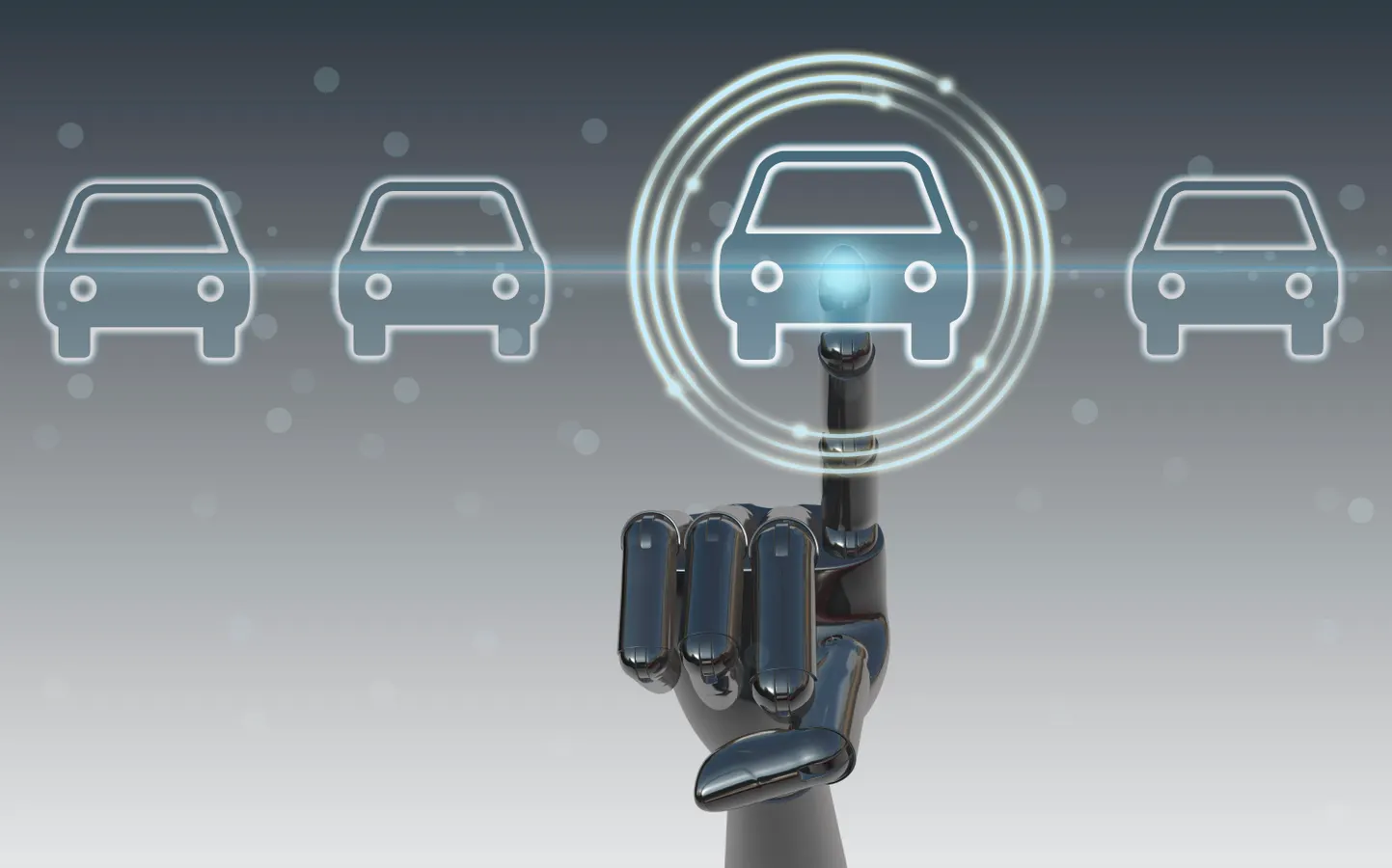Copyright forbes

AI in auto retail The art of selling new and used cars is often a very human activity. From negotiating pricing to finding the best options and accessories, one would think that AI doesn’t have much of a role in the auto retail process. However, just as the Internet and e-commerce forever changed auto retail, according to a recent Cox Automotive research study, AI is having the same widespread impacts. While AI implementation is still in the early days, AI is already a part of every auto retail technology pitch. However, according to Cox Automotive’s new AI Readiness in Auto Retail study, auto retailers are telling tech companies to keep the pitch decks and bring the proof as to how AI is helping improve sales. Most auto franchise leaders are now saying that AI should be part of the retail experience, and many already see traction and results. The main area where AI is applied is in marketing and customer support, providing faster replies and tighter targeting. They are also seeing gains by applying AI to recommendations and decision automation as well as pricing, inventory, and financing. “Dealers don't care about AI for AI's sake,” said Lori Wittman, president of retail solutions at Cox Automotive. “They care about outcomes they can measure: more cars sold, lower inventory costs, higher gross profit.” What dealers are saying The survey counted 537 qualified participants across marketing, sales, finance and insurance, service, and upper management, with results gathered across three waves in April, June, and August 2025. The sample reflects franchise stores selling at least five vehicles a month and run by people who make or influence software choices. MORE FOR YOU 81% of survey respondents say that AI is here to stay, and 74% see more upside than risk. Likewise supporting the positive sentiment of AI, 63% believe investing now supports long-term strength. While the sentiment is positive, roughly a quarter of respondents remain in wait-and-see mode, while a third are exploring AI options. Another quarter have tried a few tools. Only a small number report that AI has been integrated or embedded in core workflows. Many feel on par with peers, which explains the cautious pace of change on the ground. In marketing and business development, the most common use cases for AI center on chat for lead engagement, personalized emails and texts, campaigns that target shoppers who look ready to buy, automation that handles repetitive outreach, and help with SEO content. Those use cases of AI augment what existing teams do and translate directly to key metrics such as first-response time, appointment set rate, and show rate. Cox’s study separates “basic” AI from “complex” classes. Basic covers insights, predictions, and simple task automation. Complex covers recommendations and decision automation. About one in four dealers qualify today as optimal users, a cohort that leans into recommendations and decision automation rather than stopping at chat or copy generation. That group reports stronger current performance, more improvement in the past year, and higher confidence heading into next year. The same survey that shows momentum also shows where the speed bumps are with AI adoption. The most cited barrier is fear of errors, as well as questions about the data and algorithms, and the need for training. Dealers want to know what the system looked at, how it made a call, and how to audit or override when the real world differs from the model’s expectation. Also, retails want to make sure that AI results are consistent or early confidence will fade. Wittman addresses those concerns uncovered by the study. “AI can't be just another point solution in a dealer's tech stack. It must be connected to sophisticated and proven data infrastructure focused on unlocking intelligence that can solve specific pain points and deliver measurable results. This is where connected data becomes a competitive superpower for dealers,” she said. How AI fares more broadly in Auto Retail Other surveys also show similar patterns across the auto industry and more broadly. J.D. Power’s U.S. Dealer Financing Satisfaction Study showed increasing adoption of AI in finance, but also called out growing discomfort among dealers with AI in credit decisions. A Lotlinx poll at the start of 2025 found 78% of dealers unsure how to use predictive data and only 5 percent using AI in core operations McKinsey’s latest global AI survey reported a sharp jump in generative AI use across enterprises, with marketing and sales among the top functions adopting the tools, mirroring the results of the Cox study. Earlier McKinsey research on revenue impact showed AI-backed marketing delivering 3 to 15 percent revenue uplift and 10 to 20 percent sales ROI lift when programs scale. IAB research last week found AI rising to the second most influential shopping source after search. Shoppers lean on AI to compare options and jump to retailer sites with higher intent. Dealers with conversational discovery and clean product data will capture that spillover. The Trend Towards AI While AI adoption still shows a lot of room for growth in the auto industry, the survey shows that most retailers feel that AI is inevitable in terms of broad use. Today, only a minority of dealers report a formal plan for how AI will roll out across the business. Teams with a roadmap are more likely to rate current performance as strong and to say efficiency improved in the past year. “The dealers who've succeeded with AI aren't working with vendors who just started dabbling in automotive last year,” Wittman said. “They are looking for partners that can help them separate real AI solutions from the noise.” Editorial StandardsReprints & Permissions



